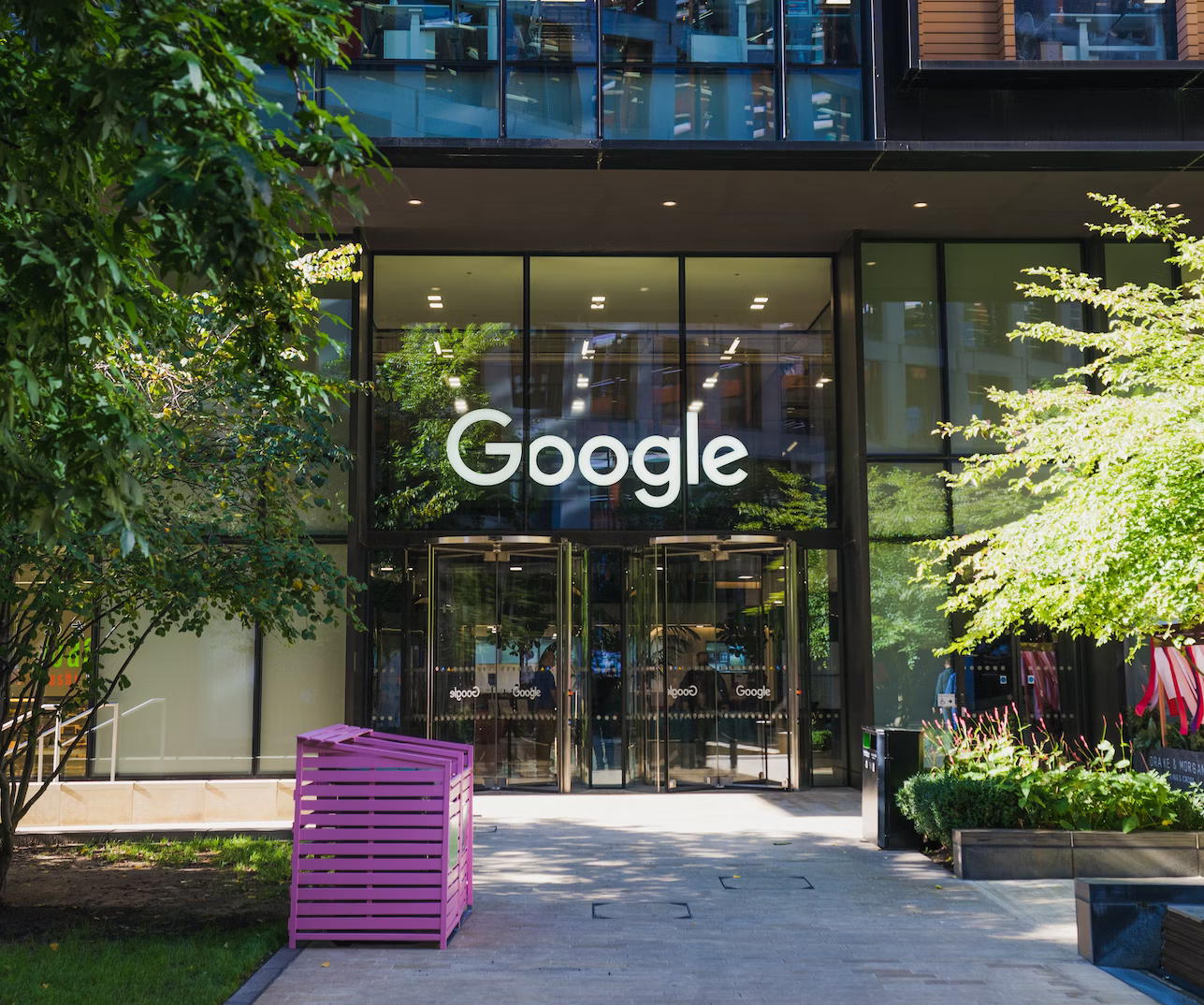

Image credit: Jonny Gios/Unsplash
The European Commission is to hold workshops for companies next week to seek feedback over Google’s proposals to comply with new EU competition rules, as the Commission considers filing formal charges against the tech giant.
The Commission launched a probe into Google in March over whether its vertical search engines focused on sectors such as shopping, flights and hotels discriminate against third-party services in search results.
Competitors such as comparison shopping sites had complained Google was not fully complying with the Digital Markets Act (DMA), which seeks to level the playing field between smaller firms and digital “gatekeepers” such as Google, Amazon, Apple, ByteDance, Facebook parent Meta and Microsoft.
Google has proposed creating a separate box for competitors below its own product listing ads box in search results, or to list two separate boxes next to one another, with one for intermediaries and one for direct listings for companies such as airlines, hotels and retailers.
The Commission is to hold workshops for intermediaries and direct sellers from 9 to 11 September to understand their views on the proposals, events to which Google has not been invited.
The Commission said the workshops were focused on Google parent Alphabet’s compliance with the DMA’s provisions on self-preferencing and “involve a variety of third parties”.
Google said it has engaged with the Commission and third-parties over the past year, was working on balancing “a wide spectrum of views across the ecosystem” and would continue its efforts in the coming months.
If the results are not favourable, Google could face antitrust charges by the end of September with the DMA authorising fines of up to 10 percent of the company’s annual global turnover, reports have said.
Groups representing airlines, hotels and retailers in the European Union said in May that Google’s efforts so far to comply with the DMA have been detrimental to their businesses, and that the situation risks becoming worse with the Commission’s investigation into Google’s potential DMA non-compliance.
The investigation is taking into account only the need to ensure competition between Google’s own travel, hotel and e-commerce services and those of other large intermediaries, they said, without taking hotels, airlines and retail services into account.
Such companies have seen a drop in direct traffic from Google and are being forced to acquire traffic through intermediaries, which charge substantial service fees, Google said in April.
“Initial observations indicate that these changes risk severely depleting direct sales revenues of companies by giving more prominence to powerful online intermediaries due to the preferential treatment they would receive,” the groups wrote in a joint letter to EU antitrust commissioner Margrethe Vestager and EU industry commissioner Thierry Breton.
OpenAI chief operating officer Brad Lightcap to oversee international expansion as company consolidates lead in…
Chinese researchers publish details on device that could wreak havoc on undersea communications cables in…
Former Intel chief Gelsinger expands role at Gloo, becoming executive chairman and head of technology…
MEPs add to Commission pressure for second EU Chips Act amidst industry calls for renewed…
Smartphone maker Xiaomi reportedly raises about $5.5bn in Hong Kong share sale as it invests…
BYD's Qin L EV sedan starts at about half the price of Tesla's Model 3,…